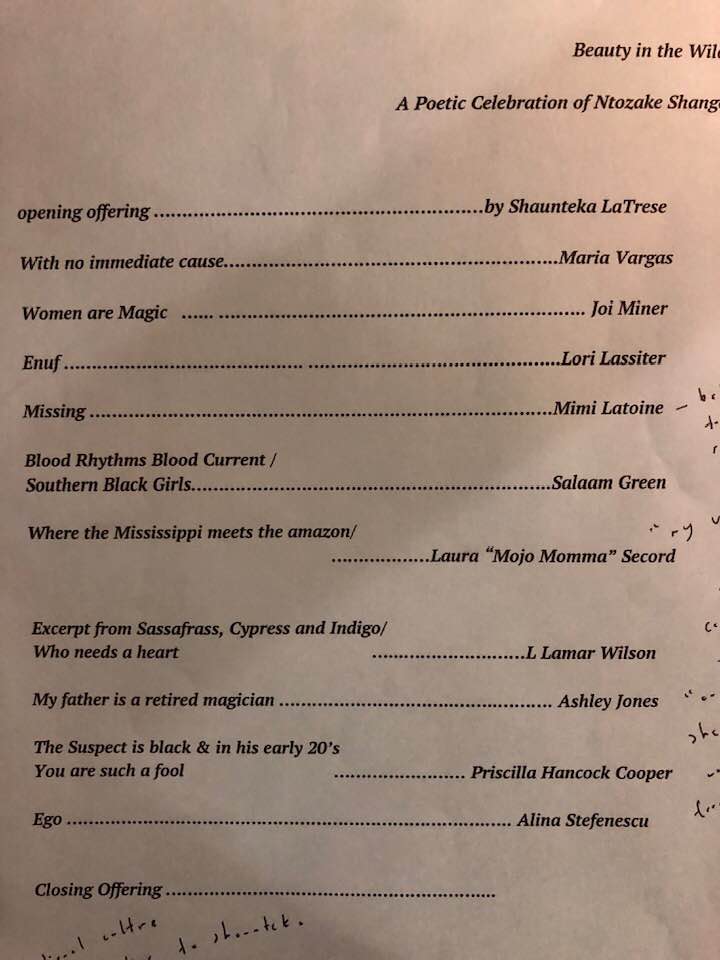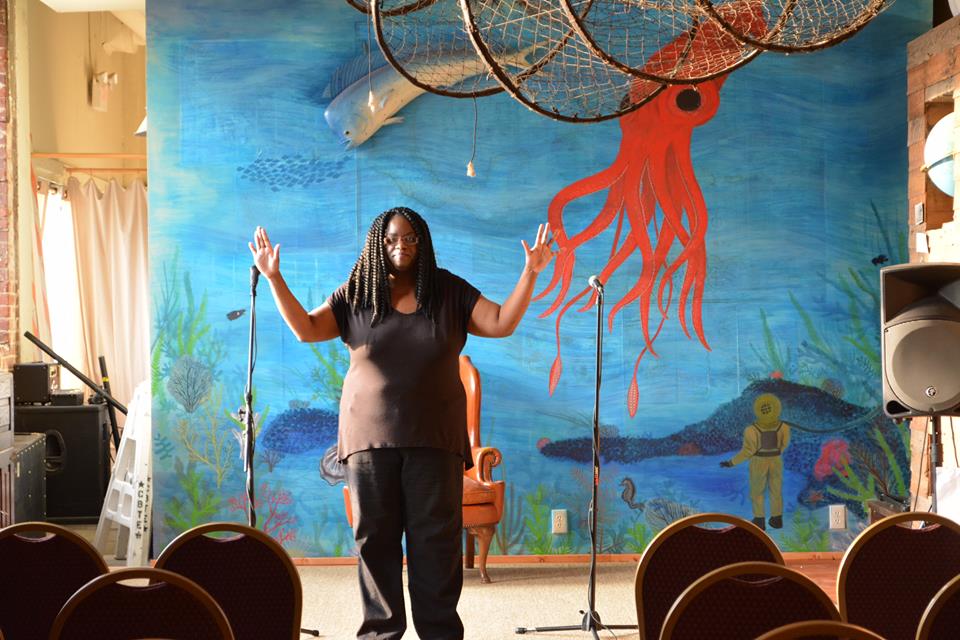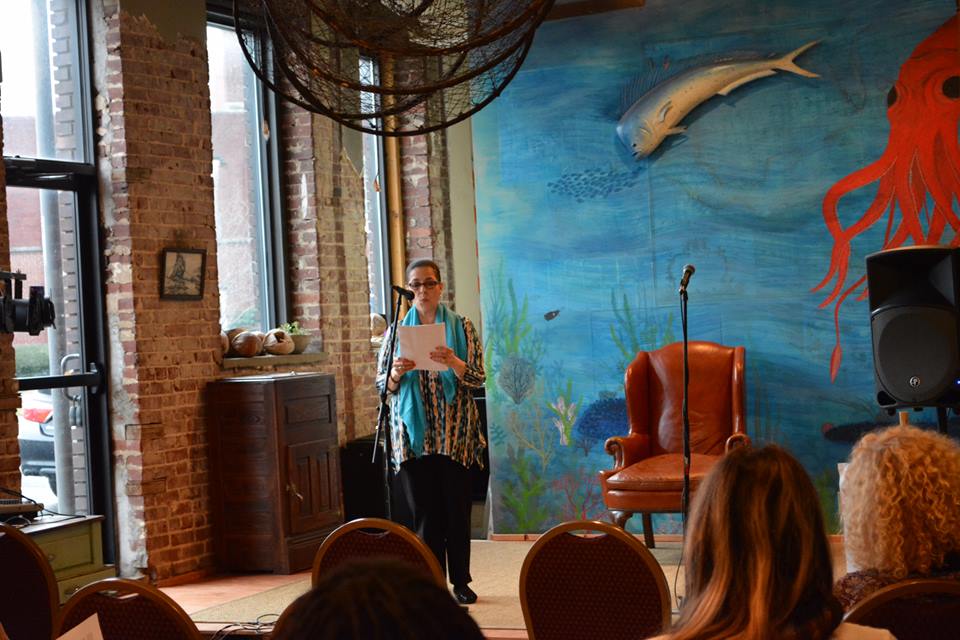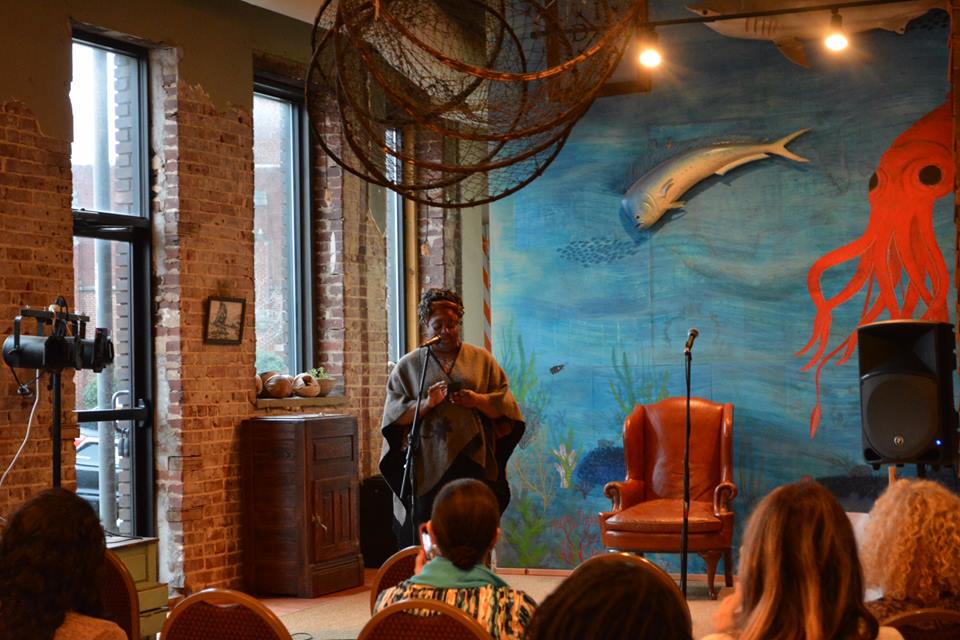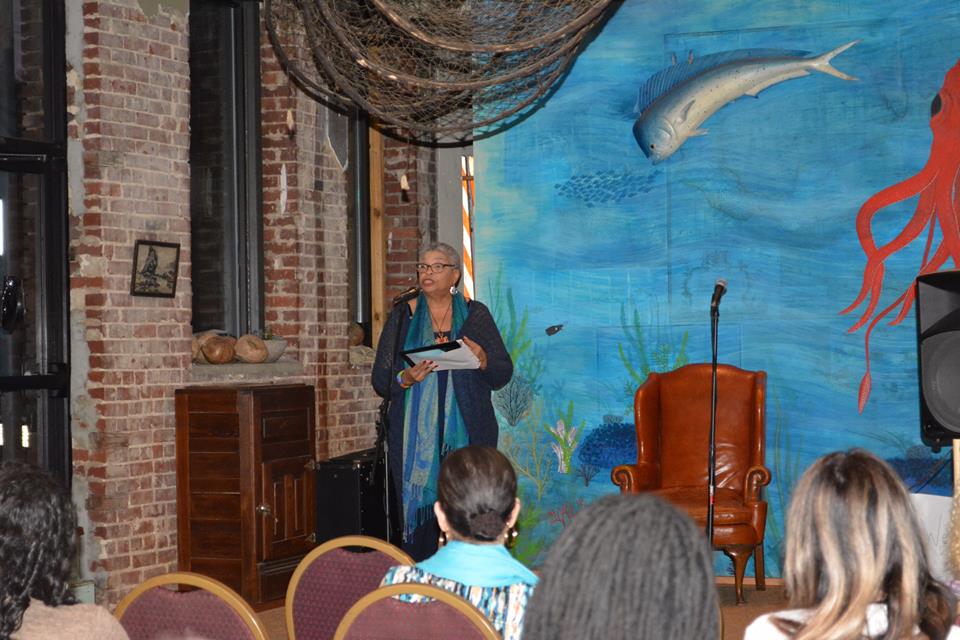In a profile for the New Yorker, Hilton Als describes how Ntozake’s sense of dance, motion, and culture infused her poetics after finishing graduate school in 1973:
Teaching during the day, Shange wrote and performed her pieces at night, slowly developing a multi-genre style that she thought represented the complexity of black American art: Why just recite a poem? Why not support its musicality by having a musician play a piece behind you while you speak? And why not dance to a poem’s music as you go along? That year, Shange had another epiphany. Driving along Highway 101 one morning, she found herself passing beneath the arc of a double rainbow. Seeing the entire rainbow take shape above her, Shange realized that she wanted to live, that she had to live; she had something to say, not only about the fragility of her own existence but about the lives of the other colored girls she knew and loved and imagined. “In that moment of seeing the double rainbow,” she told me, “I felt connected to the delicacy and irrepressible majesty of life.”
All Shaunteka’s readers who gathered to honor Ntozake Shange’s poems.
The poem I read, “ego,” is collected in Ntozake Shange’s nappy edges. I was drawn to the way she enscribed it to June Jordan, drawn to the ongoing dialogue I imagine between two incredible poets who spoke truth to power and spoke truth in power simultaneously.
ego
(for june jordan)
use of the word
i
is totally unjustifiable so
we have no way of distinguishin
i from whatever we are unless
somethin else is goin on that
mistakes the dynamic of us
for mine or the treasure of
ours for theirs,
we talkin abt sharin or isn’t
one all encompassin ego enough to
satisfy you/ us is all we got’n
won’t one i ever succeed in
vanquishin we/ the strength
and beauty of whatever we is
will singularly outdo an i/
effortlessly with grace
an i is clumsiness/ narrow
sight and sniffin round like
a hound for where we are/ cuz i
is lonely and lonely is different
from the space we allow each other
for ours/ lonely is close and dark
and i
have known a solo self
in languishin funny houses long
enough to know that
we is the answer
“ ....the same rhetoric that is used to establish the Black Aesthetic, we must use to establish a women’s aesthetic, which is to say that those parts of reality that are ours, those things about our bodies, the cycles of our lives that have been ignored for centuries in all castes and classes of our people, are to be dealt with now.”
You can learn more about Shaunteka LaTrese’s poetry and culture work at Southern Girl Antics.
As for Ntozake Shange, her legacy is extraordinary and multi-faceted:

